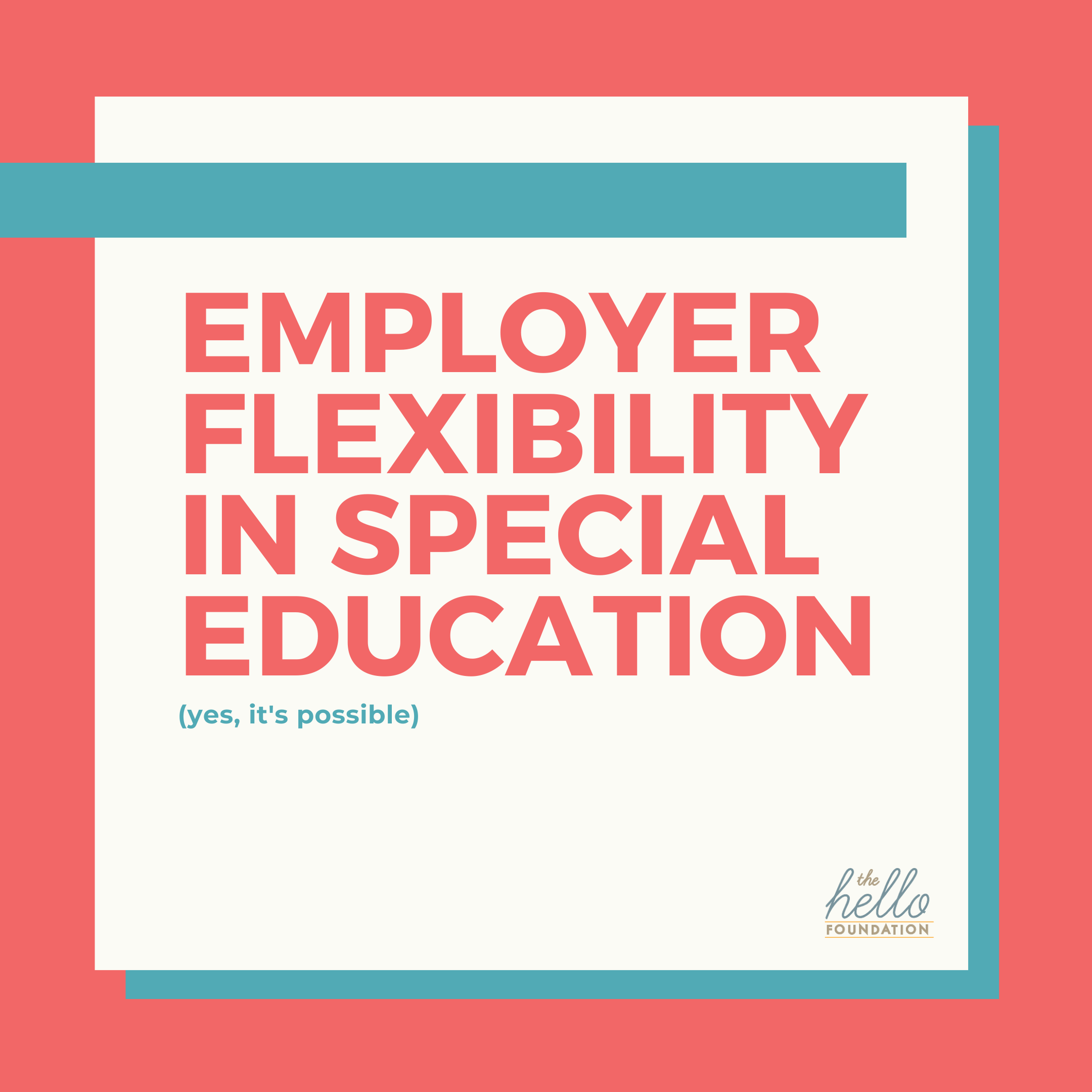I had to take my mother to an early morning doctor’s appointment. It was 7 a.m., I had just made a left turn, and my car was inadvertently straddling two lanes. As the traffic in front of me edged forward, I pulled into one lane alone.
Five seconds later, the driver from the truck behind me was at my car, banging on my window, screaming, “NEVER DO THAT AGAIN!” He ran back to his car, and all I could think was, so that’s the world we’re living in now . . . ?
Apparently.
I don’t know why he was so angry that morning. People all around us wake up tense for many different reasons — health, finances, relationships, etc. And then there’s work. Most folks wake up, get ready, and show up for work, trying to do their job the best they can. In an ideal world, everyone would be headed to a work environment where employers are flexible and extend grace generously. Simultaneously, employees would also be flexible with employers presuming no mal intent. What does that look like? This article does an excellent job addressing flexibility for both employers and employees.

Of course, special education is a highly unique work environment. Unfortunately, many administrators would say that special education is so unique that it’s not possible to institute flexibility for employees. How’s that for irony? A system built to adapt to the individual argues it can’t be flexible.
But that’s not all administrators.
The best special education administrators are approaching this topsy-turvey time in education with flexibility in the following ways:
- Allowing signatures, meetings, homework, etc., to be completed in new and novel ways, respecting that families are struggling and follow-through can be challenging.
- Engaging with team members directly about their needs to address potential work concerns.
- Verbalizing that students’ growth models will look different this year, stressing the importance of being kind to kids and yourself.
- Letting go of “the way we’ve always done it” and actively looking for new, better ways to help their staff take care of themselves and their students.
- Being open to ideas like work from home days, remote meetings, flex time, and condensed schedules.
Special education administrators probably aren’t banging on the classroom windows and screaming, “Never do that again!” But if they’re stuck in frozen ruts, longing for the days of the pre-COVID era, repeatedly refusing to extend flexibility, the impact on employees might be the same.





